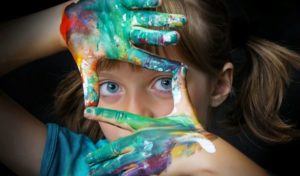Key Documents
Film and Screen Curriculum
On September 10th 2025 Education Scotland, along with Screen Scotland and the Scottish Government, launched the national roll out of the Film and Screen curriculum as part of Scotland’s curriculum.
As part of the national rollout we published a new framework, alongside Screen Scotland, to support the the 3-18 film and screen curriculum.
This framework aims to help clarify the knowledge, skills and benchmarks for children and young people learning about film and screen from early to fourth level.
This follows the successful pilot of the draft film and screen curriculum from 2022 and will inform the ongoing work of the Curriculum Improvement Cycle.
Professional learning for teachers and practitioners continues to support the opportunity to gain second subject registration with GTCS in Film and Screen.
Further information on this development to Scotland’s curriculum can be found here:
A Draft Film and Screen Curriculum for Scotland | Screen Scotland
Primary Music and Literacy Resource
We recently launched, in partnership with Children’s Classic Concert, an Expressive Arts (Music) and Literacy resource for primary schools: Roving Reviewers. This resource aims to support teachers in developing pedagogy between Music and Literacy as well as providing opportunities for children to articulate their unique thoughts and feelings through listening, writing and communicating. You can find information relating to the resource here:
Music and literacy in primary classrooms | Resources | Education Scotland
Numeracy in Expressive Arts
We also launched our Numeracy in Expressive Arts support package and guidance. You can find it here:
Numeracy in Expressive Arts | Learning resources | National Improvement Hub (education.gov.scot)
You can also watch the webinar that supported the launch of the guidance here:

